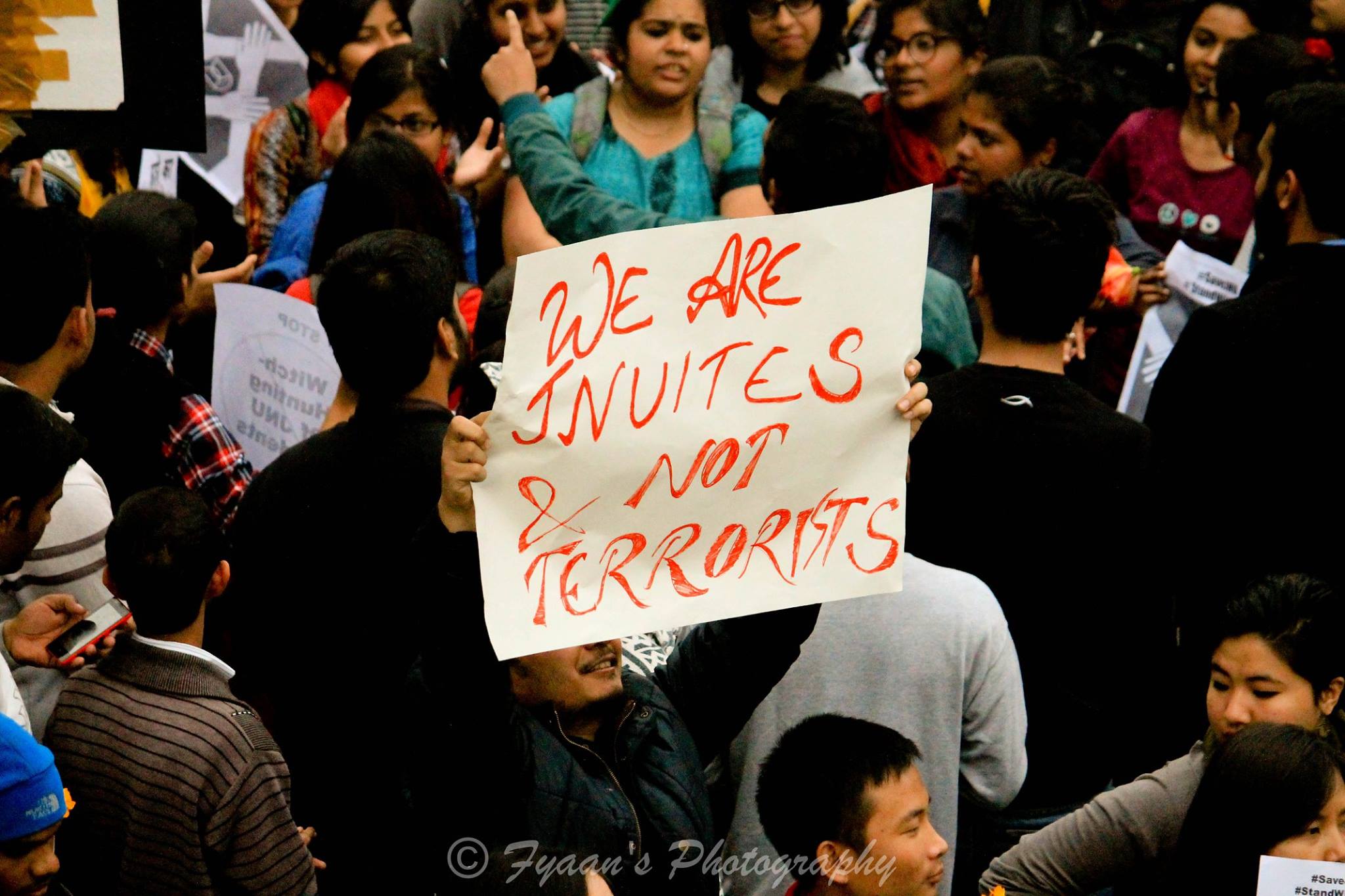Why Has JNU's Vice Chancellor Remained Silent?
NEW DELHI: Dr M Jagadesh Kumar, Professor of Electrical Engineering at IIT Delhi has recently become the Vice Chancellor of JNU. A self-confessed Karate and gym expert, Kumar was born in Mamidala, Nalgonda district, Telangana. His selection came after meticulous search by the MHRD, rounds and rounds of interviews of top-notch competitors, as then VC of JNU, Mr. Sopory was about to retire in January 2016.
On 18th February, Mr. Jagadesh issued an appeal as the VC of JNU, asking the students to ‘reconsider their decision for undertaking a march outside the campus.’ Not only was it out-of-depth, it signaled that the VC did not believe in student’s protests, especially with the intensity that it eventually concluded. More than 15,000 students took part in the protest demonstration from Mandi House to Jantar Mantar, shouting slogan of ‘I Stand with JNU’ and demanding the release of JNUSU President Kanhaiya, who would be in Tihar Jail till 2nd March.
The silence, hesitance and precaution being exercised by Mr. Jagadesh is traumatic, something to lament about. Firstly, he could not stop police-men, dressed in plain clothes to come and openly arrest Kanhaiya on 12th February on the draconian charges of criminal conspiracy and sedition. In fact, when police entered the hostel premises and raided the rooms of students, trying to search for activists, the VC stood quiet. Secondly, when noted professors from around the world, be it Noam Chomsky or Judith Butler, are showing solidarity with the student’s movement, our own VC has stood quiet. Thirdly, he even appealed to the academic faculty in JNU to manage their work and stay away from politics. As a result, the top-notch professors like Gopal Guru, Janaki Nair, Nivedita Menon, Ayesha Kidwai and others started taking evening classes, attended by thousands on students on ‘What the Nation Really wants to know.’ Fourthly, after the assault on Kanhaiya within the premises of Patiala High Court, added with JNU Professors like Prof. Rohith being beaten up by lawyers, the VC stood quiet. Not a single word from him.
These are testing times. These are times of debate, of an insurrection. During these uncertain times, the potential and spirit of the student body is raised if it is shown even a little bit of solidarity by its own administration. After all, JNU is not only about the students, the VC is an integral part of it. But as the students, belonging to different ages, classes, centers and ideologies shouted, screamed and demanded the release of their President, the current JNU VC has been just watching the entire spectacle unfold itself from far away.
It raises some questions. For one, the entire silent game being played by the VC questions raises the question on whether he is showing his solidarity to the government in center and thus, not raising his voice or quoting his opinion. If that is the case, why is the position of a Vice Chancellor so politically dictated in today’s time, when a university endows the freedom to argue, debate and express?
Whatever the reasons might be, publishing appeals on JNU’s website instead of addressing the student body, having a conversation with them or understanding their point of view, is not acceptable. If the Vice Chancellor cannot handle this, what is he being paid for, anyway?
Administration is a very subtle art and only those who are well versed in it should occupy the highest echelons of power. No one else! With his silence and precaution, the current VC of JNU has just maligned his name, nothing more.
(The writer is a doctoral student at Jawaharlal Nehru University. This is an Opinion piece that appears in Young Citizen).
(Photo courtesy Azhar Amim).





